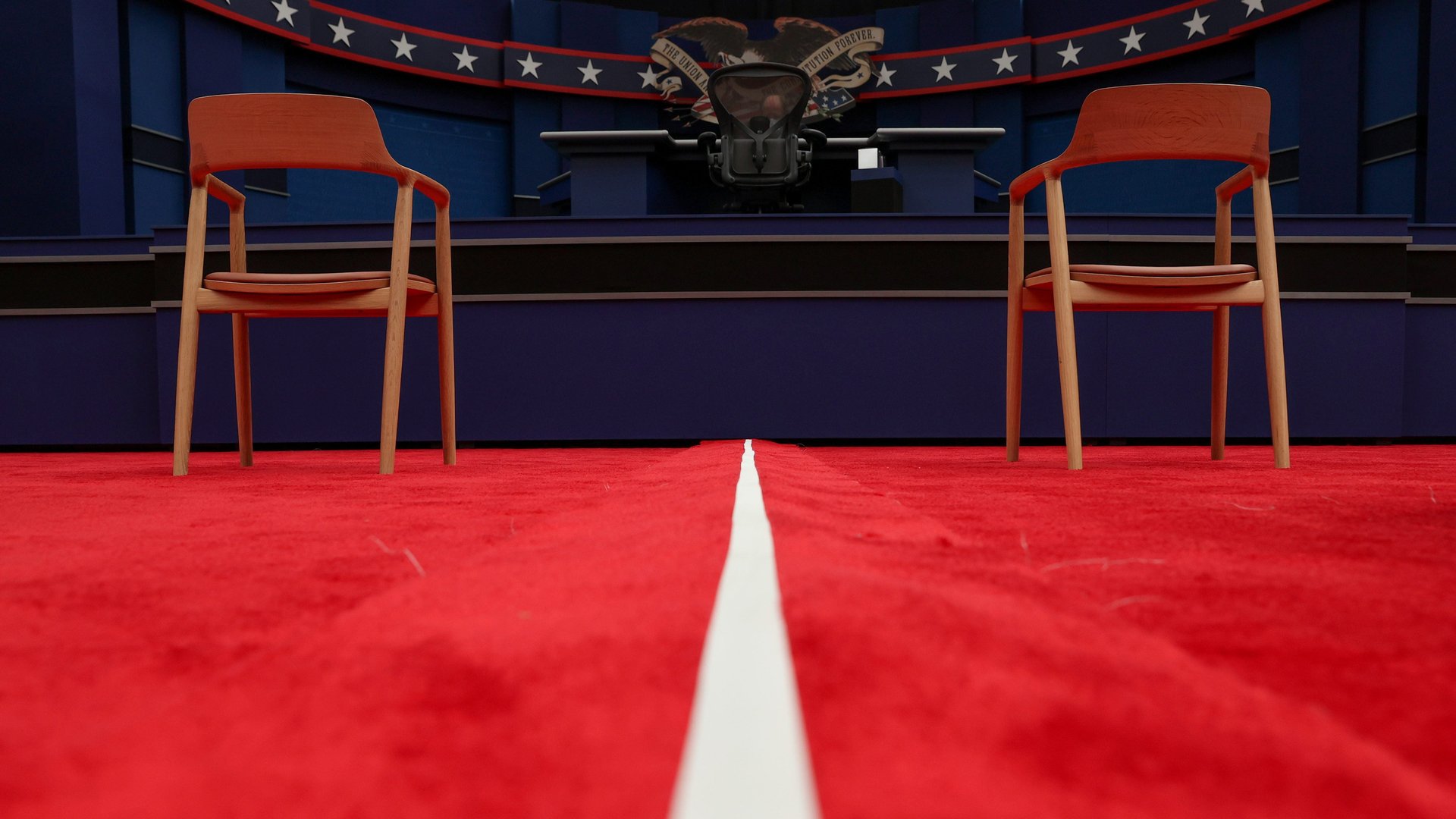Our differences demand we restore the lost art of dialogue and debate
I am often asked to speak at conferences on gender and diversity, where I usually introduce myself as a Latina Republican from Los Angeles who works in the oil and gas business. I also note that I’m an only child—a good thing because I am used to being alone. My opening usually gets laughs but it also makes a point. People can provide a minority voice through different slices of their identities. I’ve found that some of these slices seem to be more socially acceptable to dismiss than others.


I am often asked to speak at conferences on gender and diversity, where I usually introduce myself as a Latina Republican from Los Angeles who works in the oil and gas business. I also note that I’m an only child—a good thing because I am used to being alone. My opening usually gets laughs but it also makes a point. People can provide a minority voice through different slices of their identities. I’ve found that some of these slices seem to be more socially acceptable to dismiss than others.
Even as I revel in my “differentness,” I don’t live in a bubble. I am immersed in groups, teams, and yes, even friendships, with people who disagree with my points of view. This takes skill, restraint, and a whole lot of humor, on both sides. It also raises the question: What is the role of a raging moderate in a world where people increasingly raise their profiles by celebrating their intolerance?
The answer lies in embracing diverse perspectives and crossing borders. I grew up in San Diego and Tijuana, with half of my family on each side of the US-Mexico border. Being bi-cultural has provided me with many windows to understand different perspectives without judgment. I believe this has given me a competitive advantage in making an impact within organizations and on people.
Change is all around us, and it should warrant increased understanding, yet the ability to listen and the moral imperative to respect others are in shorter and shorter supply. Read the news or look at Twitter, and it appears that empathy toward the “enemy” is seen as weak, while compromise is akin to a betrayal of one’s tribe. Bringing a different point of view risks drawing attacks so severe that it’s tempting for some people to sublimate the part of their essence that is easiest to hide: their beliefs. For too many, it just feels safer to keep quiet.
So, we need to encourage people by letting them know that if they are willing to speak, we are willing to listen. Developing these skills is the mission of the Dialogue Project, a new major research initiative supported by the University of Southern California, major businesses, and other organizations, to help society have more constructive conversations on difficult topics. I’m proud to be a supporter, to help give more people the tools to not just demand tolerance but to demonstrate it.
In my own conversations, I always begin by assuming positive intent and trying to remember that people may choose to shut down because they don’t want to fight. One time when I was addressing a Latina group, a young woman came up to me after and whispered in my ear, “I think I might be a Republican.” Having someone as a speaker who made it ok to be different in that group was a shared experience that was ultimately uplifting to us both.
When I speak, I am a happy crusader for working families, upward economic mobility, and a high quality of life that is affordable to all. These are issues around which nearly everyone can unite, regardless of industry, ethnicity, and political party. My favorite feedback from a speaking engagement goes like this: “I didn’t want to like you but I couldn’t help it.” That’s OK. It’s even more than OK. Liking someone with whom you disagree is the renewable energy of social progress; the great irony about embracing diversity is that you can’t tune in if you’ve tuned others out.
As people embrace airing diverse views in conversations, remember that sometimes what you initially perceive as disagreement is actually just something that feels unfamiliar. Starting from a point of shared values helps forge a sense of connection. Part of that link stems from knowing you can still be a strong advocate for your point of view while also respecting people who share a keen interest in the same issues, even if your individual approaches don’t mesh. The fight isn’t the goal. Debate can be a healthy thing, but it should never prevent us from appreciating a worthy adversary’s passion and power in the grand task of finding solutions.